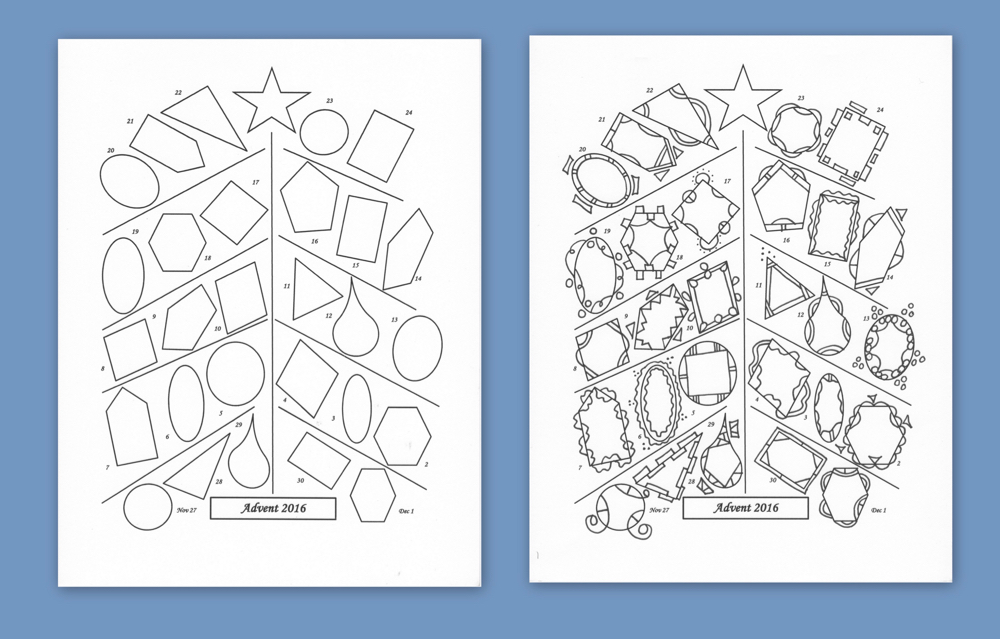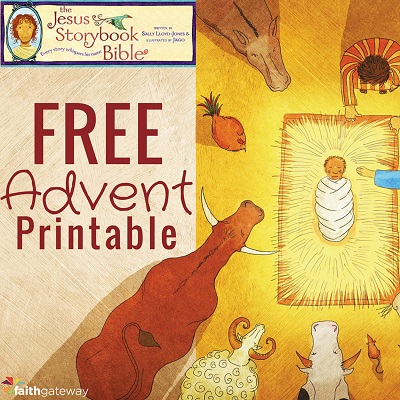“But about that day and hour no one knows,” begins our reading from Matthew. What day, what hour is Jesus speaking of? When the Son of Man will come to earth – the second coming of Christ. However, did any of us really think this morning as we awoke, today could be the day, this could be the hour of Jesus’ return? Unlikely. The second coming may not be at the forefront of our thoughts, but it is an essential to our faith. We proclaim every Sunday in the words of the Nicene Creed that Jesus will return. And in our Eucharistic prayer we proclaim the mystery of faith: Christ has died, Christ is risen, but we don’t stop there. No there’s more, Christ will come again.
Jesus tells us to keep awake for his coming for although we do not know when it will happen we are assured that sometime, someday it will happen. God will come completely unexpectedly. But how does one really “Keep awake” without driving yourself and everyone around you crazy?
The story of Juliet Starrett may help us when we consider that. Back in the day, Juliet was a two-time extreme whitewater canoe champion. Several years ago she was canoeing down a river in Eastern Africa when she came upon a hippopotamus. Now in photographs hippos look rather cute - bulbous creatures with the top half of its body poking out of the water. But did you know that when you Google, “Most Dangerous Animals in the World,” that the hippopotamus is ranked at number four? It’s more dangerous than a great white shark, a lion, or a leopard because a hippo is highly aggressive and known to attack human beings without provocation.
The way Juliet tells it is that one moment she was paddling her canoe down the river and the next moment she was ten feet in the air high above the water. When she looked down and saw the powerful jaws of the hippo ripping her performance canoe into splinters. And while in the air she had the presence of mind to look for the nearest shore. Upon seeing it she pointer herself in that direction and started swinging her arms and kicking her feet – Juliet was swimming in mid air. So that by the time she hit the water she was ready to go which enabled her to live and tell the story.
That quick and appropriate response to the unexpected hippo encounter shows that she was ready, she was prepared. Now did Juliet specifically train for this? When I hippo catapults you into the air make sure to do this… No, I think not. However, all the hours, days, months, even years Juliet put in to make her champion stock, that is what prepared her. That is what made her ready when the unexpected came.
Jesus says to us, “Keep awake! For I will come again and it will certainly be unexpected.” But that doesn’t mean that we live need to lives fraught with worry or anxiety or hypervigilance. Just like a champion whitewater canoe-er, we Christians are called to a special type of training to prepare our spirits so that we might be ready for Christ’s coming. We engage in this training every week as we gather to worship, pray, forgive and be forgiven, learn, serve, and fellowship – day by day, week by week, month by month, and hopefully even year by year. We are growing in our life in Christ, training our spirits to be ready for God’s unexpected coming.
Now in today’s reading, Jesus is speaking primarily about his future coming into the world. But there are other comings of God that we recognize and celebrate especially during this time of year. This Sunday is the first Sunday of the Church’s new year. We call this time Advent, which comes from the Latin, adventus, meaning “coming.” Advent reminds us that God comes – not just in the future, in three different ways.
The first coming of God is when God walked this earth in the person of Jesus of Nazareth. We will celebrate that coming on Christmas, known as the Feast of the Incarnation. The second coming of God is the final coming which Jesus speaks of today. A time when God and creation will be fully united. That is the day and the hour no one knows. And the third coming is what takes place in between these two comings. The in-between time that is happening right now. God coming in our prayers, God coming in our acts of service, recognizing God coming and present in our neighbor, God coming to us in the daily-ness of life – whether we are working in the field, grinding meal, eating bread, or drinking wine. God comes in all of that and more.
Keep awake, therefore - be ready for the unexpected. Hopefully the unexpected will not include a close encounter with a raging hippo, but you can count on God coming in unexpected ways - unexpected and wonderful ways - so let’s get ready; keep awake!









